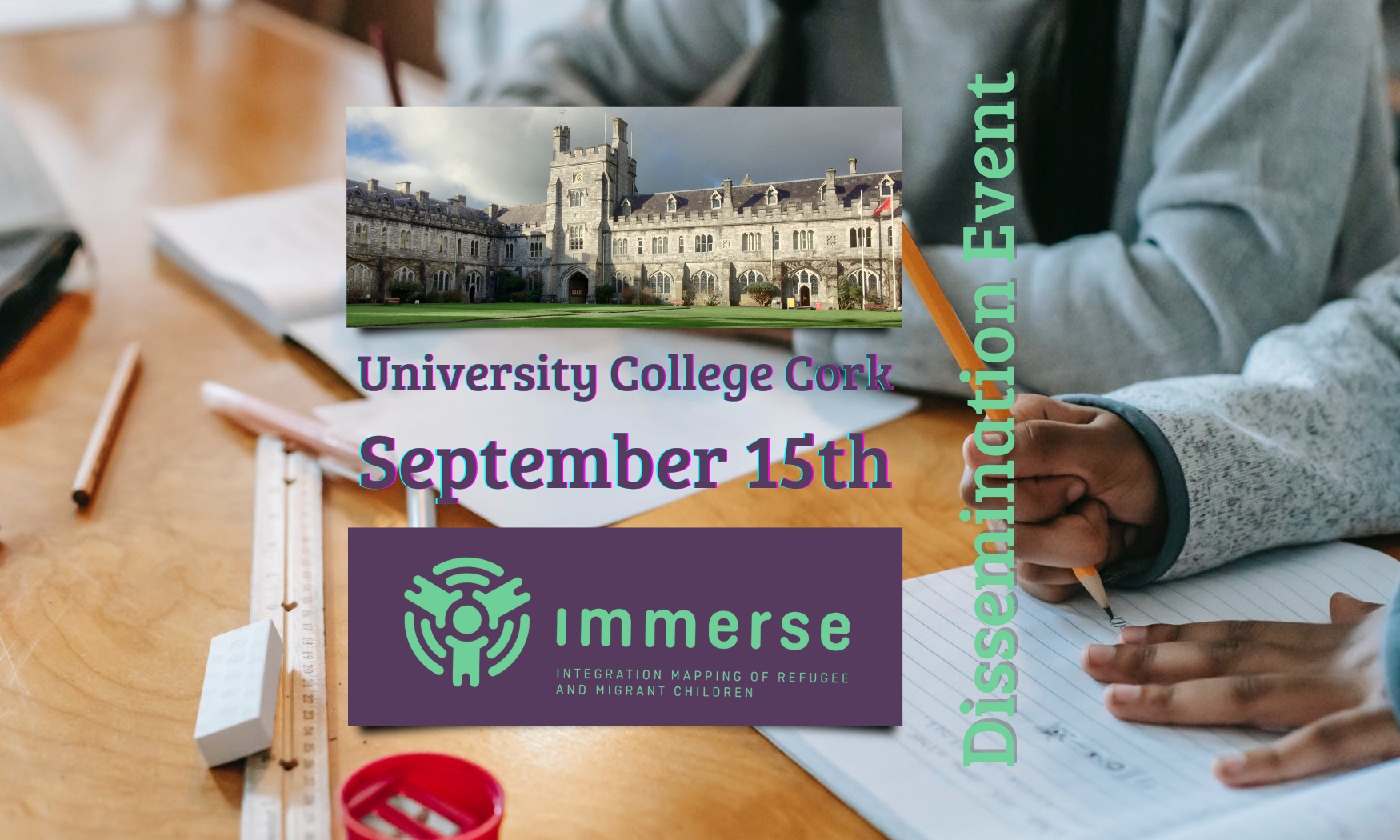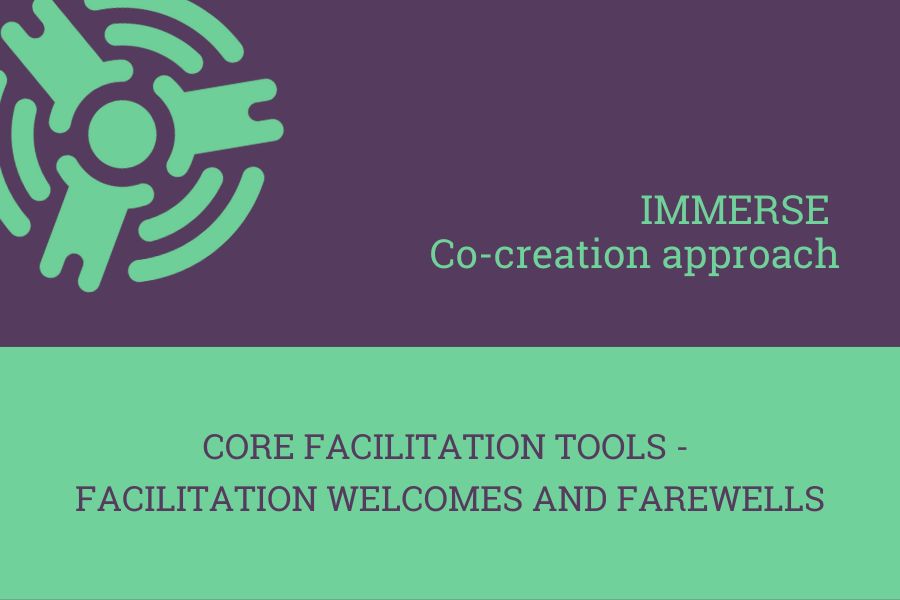Description
The aim of the project was to successfully build the necessary guidelines and training materials that will allow practitioners and stakeholders to facilitate the smooth integration of students and scholars in Higher Education and society. It was implemented from 01-09-2016 until 31-10-2018 in Greece, Germany and the Netherlands. The Coordinator of the project was Aristotle University of Thessaloniki and the consortium was composed by the University of Cologne, VU Amsterdam and the Greek Council for Refugees. It was a two-year KA2 Erasmus+ Strategic Partnership in the field of Higher Education granted by the Hellenic National Agency via the European Commission. S.U.C.RE. focused on the response of the Universities to the academic needs of refugees/migrants students and scholars and to the formation of good practices guidelines through the development of training modules addressed to the voluntary sector working in the field with the specific population. S.U.C.RE. was the outcome of the Erasmus+ Programme call which had been updated to address issues around social cohesion and the integration of refugees and migrants.
- Access to health care
- Children complete compulsory education
- Children maintain their cultural identity while adopting new cultural values and intercultural competences
- Children remain in (formal) education beyond compulsory levels / Access to (formal) non-compulsory education
- Children's academic skills
- Children's competence in host language
- Children's legal status
- Children's life satisfaction / happiness
- Children's sense of belonging
- Institutions
- Teachers
- Types & levels of (formal) non-compulsory education attended
Evaluation ex post
Evaluation is not available. More information might be available on demand:
ARISTOTELIO PANEPISTIMIO THESSALONIKIS
KEDEA BUILDING, TRITIS SEPTEMVRIOU, ARISTOTLE UNIV CAMPUS
54636, THESSALONIKI
Alexandros Triantafyllidis
alexandros.falcon@gmail.com
+302310998545
Projects’ deliverables
The following deliverables are accesible at the project site:
- Accessing Higher Education in Europe: Challenges for Refugee Students & Strategies to Overcome Them: A guide for best Practices
- Beyond Access: Supporting Refugee Students for Academic Success in HEIs in Europe
- Institutional Support for Refugee Scholars in Higher Education
- A digital educational module for trainers regarding the psychosocial support of refugees
- A digital educational module for trainers regarding the role of sport in refugees’ social integration
- Recommendation guidelines for trainers regarding the psychosocial support of refugees
- Recommendation guidelines for trainers regarding the role of sport in refugees’ social integration
- A digital educational module for trainers regarding health support for refugees/migrants
- A digital educational module for trainers regarding legal support for refugees/migrants
- Recommendation guidelines for trainers regarding legal and medical support of refugees
https://sucre.auth.gr/en/outputs
Reproducibility
S.U.C.RE. paid a lot of attention on disseminating its activities and deliverables around Europe and beyond using its database of more than 500 local, national and international stakeholders (including European Universities, relevant NGOs, municipal authorities, EU policy contact persons, refugee welcoming centers’ staff). It organised four highly successful multiplier events. Its members participated in 72 different dissemination activities (in many cases as invited speakers).
Motivation for the submission
The Project S.U.C.RE. is relevant to the IMMERSE project because it provided hope, empowerment and a sense of security for refugees, guidance for University staff, and support for practitioners in the field. It has also created new and strengthened existing ties among Universities and Stakeholders paving the way for future effective inclusion of refugees in Europe.



